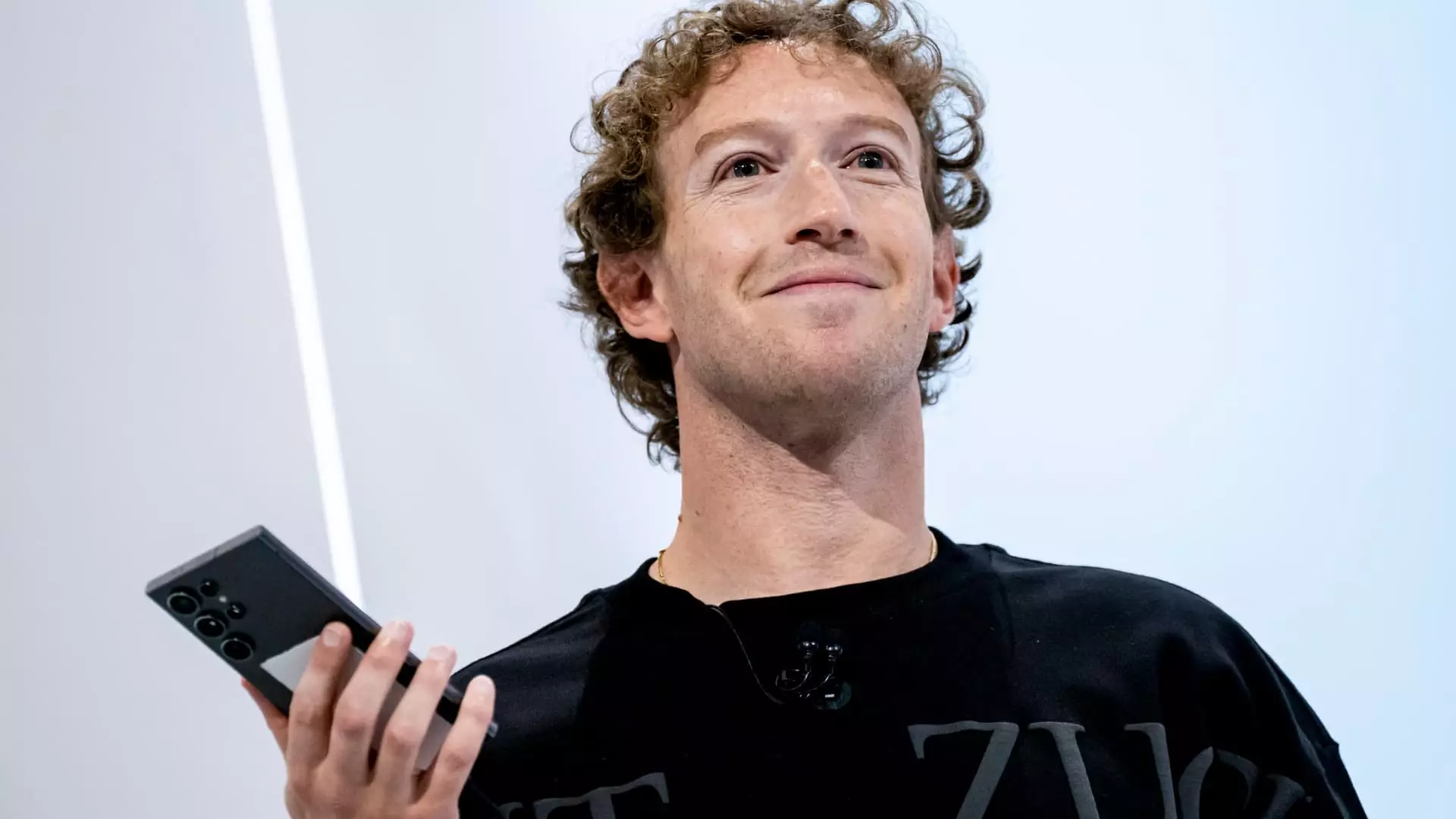The intersection of public health, social media platforms, and government intervention has been a hotbed of debate since the onset of the COVID-19 pandemic. Recently, remarks made by Meta CEO Mark Zuckerberg during a conversation with podcast host Joe Rogan added fuel to this fire. In their discussion, which spanned nearly three hours, Zuckerberg alleged that the Biden administration pressured Meta to censor content associated with the potential side effects of COVID-19 vaccines. This revelation spurred discussions about the balance of public safety, freedom of expression, and the responsibilities of digital platforms in moderating health-related discourse.
Throughout history, vaccines have often been polarizing subjects. Despite Zuckerberg’s assertion that he supports vaccine rollouts, his comments suggest an underlying tension between promoting public health initiatives and silencing dissenting voices. He indicated that while the administration’s goal was to advance vaccination efforts, there was a simultaneous attempt to suppress any dialogue that might contradict the officially sanctioned narrative. This scenario raises fundamental questions about the role of social media as a facilitator of information versus a gatekeeper of truth.
Critically, the nuances of this situation deserve exploration. While it is essential to combat misinformation that could undermine public health efforts, it is equally important to allow space for legitimate discussions about vaccine safety. Zuckerberg’s admission that the company faced external pressure to remove content he deemed “inarguably true” invites scrutiny regarding where the line lies between protecting public interest and infringing upon free speech.
Meta’s Shift in Fact-Checking Strategy
As the landscape of social media accountability continues to evolve, Meta’s recent decision to pivot away from third-party fact-checking services toward a community-based approach has raised eyebrows. By enabling users to provide their own commentary on the veracity of information, Meta is aligning itself more closely with platforms like X, owned by Elon Musk, who has close ties with forthcoming political leaders.
President Biden’s subsequent critique of this shift underscores the heightened risks surrounding unfiltered information in today’s digital ecosystem. His comments highlighted the potential dangers when unregulated information proliferates, especially amidst a worldwide pandemic that requires public compliance and cooperation. The widespread accessibility of information on platforms like Facebook means millions are influenced by the discourse that happens there, thereby amplifying the responsibility of these companies to filter credible information accurately.
The implications of Zuckerberg’s revelations reverberate beyond just Meta. If the Biden administration, or any government entity, is found pressing tech companies to suppress certain narratives, it raises serious concerns about democratic norms and the essential principles of free discourse. This notion is further complicated by Zuckerberg’s mention that he was not privy to the specific conversations about censorship, suggesting a disquieting atmosphere of ambiguity and hierarchy within the company’s decision-making processes.
Additionally, Zuckerberg’s remarks point towards a growing rift between the tech industry and governmental oversight. His commentary on the $30 billion in fines levied against tech companies by the European Union reflects a broader concern about foreign regulatory power over American enterprises. This context suggests an urgent need for comprehensive discussions surrounding the governance of tech firms, especially those capable of influencing public opinion and policy discussions at a global scale.
Looking Ahead: The Path to Accountability
As society grapples with the complexities of misinformation and the ethical responsibilities of tech giants, the dialogue initiated by figures like Zuckerberg provides a critical perspective but also necessitates deeper inquiry. Policymakers, public health experts, and tech leaders must engage collaboratively to establish frameworks that promote accurate information while safeguarding free speech.
The challenge will be finding a balance that allows for constructive debate and criticism concerning public health measures without descending into chaos fueled by misinformation. In the larger fight against COVID-19 and its ramifications, it is vital that all stakeholders remain committed not just to advancing public health, but also to maintaining the democratic backbone of discourse itself. The future of communication and public welfare will depend on navigating this intricate terrain with diligence and care.


Leave a Reply